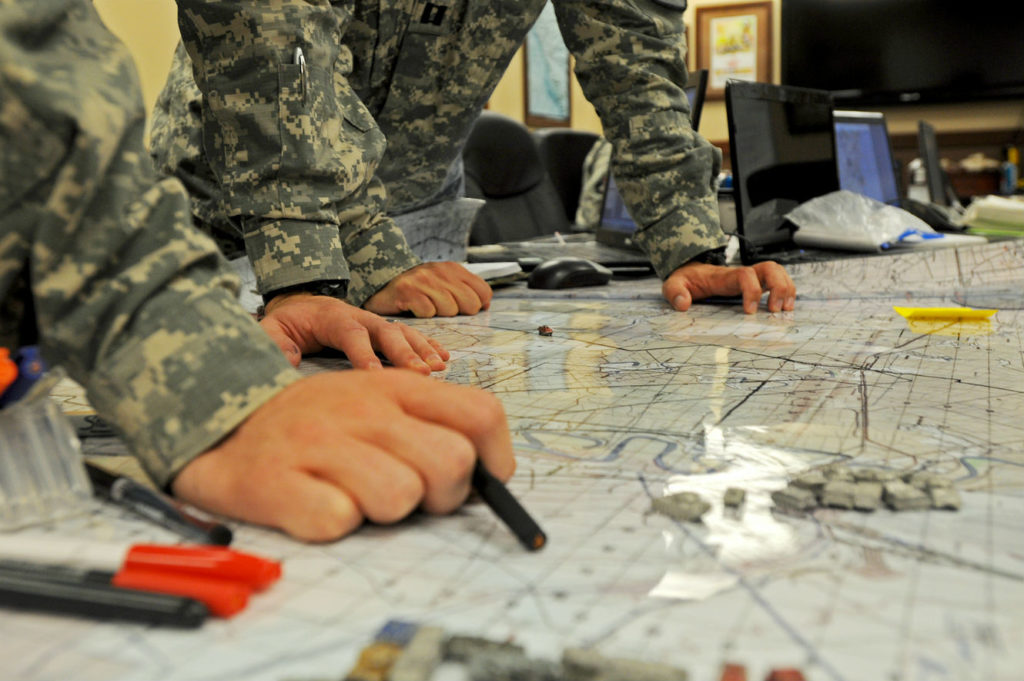Geo politics, also known as international relations, is the study of the interactions between nations and other political entities in the global arena. It encompasses a wide range of issues, from economic and trade policies to military strategy and diplomacy. In today's interconnected world, understanding geopolitics is crucial for anyone who wants to make sense of current events and predict future trends.
 |
| credit diplomatist.com |
One of the most important concepts in geopolitics is the nation-state. A nation-state is a sovereign political entity that has control over a specific geographic territory and the people who live there. The nation-state is the primary actor in international relations, and its actions and policies can have a significant impact on the rest of the world.
Another key concept in geopolitics is the balance of power. This refers to the distribution of military, economic, and political power among nations. When one nation becomes too powerful, it can destabilize the balance of power and lead to conflicts and tensions with other nations. This is why many countries seek to maintain a balance of power by forming alliances and engaging in diplomacy.
 |
| credit effective-states.org |
Economics is also an essential aspect of geopolitics. Countries with strong economies are often more powerful and influential on the international stage. Economic policies, such as trade agreements and tariffs, can also have a significant impact on relations between nations.
Geo-politics also includes issues related to security and military strategy. Countries need to protect their own security and that of their allies, which often involves using military force. The threat of terrorism and the rise of non-state actors such as extremist groups have also become major security challenges in recent years.
 |
| credit warontherocks.com |
In conclusion, geopolitics is a complex and ever-changing field that encompasses a wide range of issues. From nation-states and the balance of power to economics and security, understanding the nuances of geopolitics is essential for anyone interested in current events and global affairs.
Comments
Post a Comment